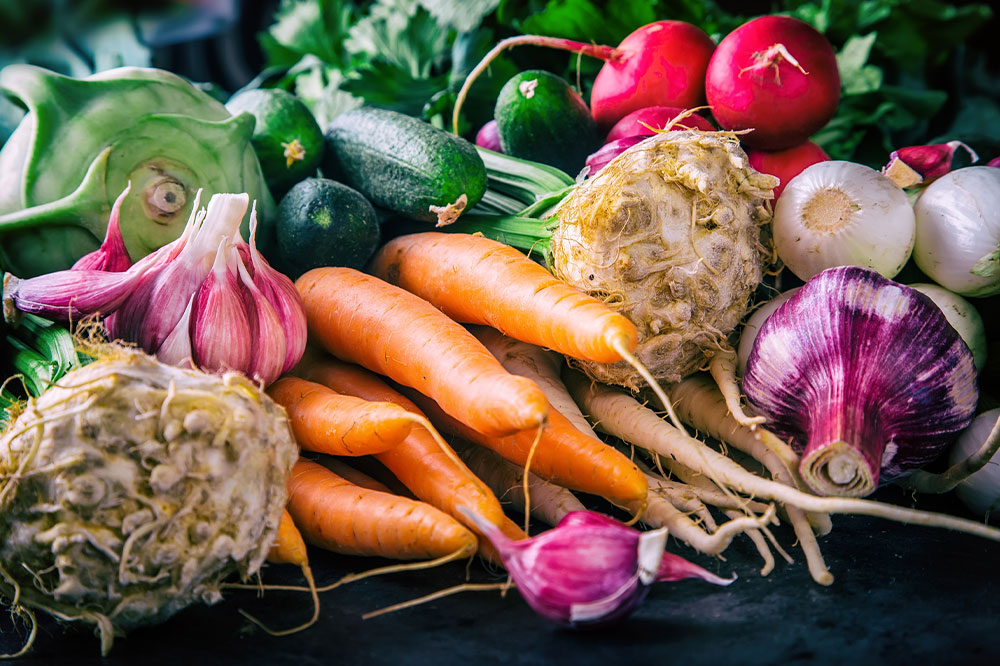Lupus: Early signs and recommended food regime
Lupus is a condition wherein one’s own body is attacked by its immune system in the form of inflammation and pain. The immune system becomes hyperactive during this condition and starts attacking healthy tissues, causing a numerous discomforting symptoms. The areas where lupus can affect the patient include kidneys, brain, heart, lungs, joints, and skin. This article discusses the early signs of lupus and a food regime that could help manage the symptoms.

The early indicators of lupus are
Rashes
The most common sign of lupus is facial rashes. Such a symtom may develop with time or suddenly take over the face. That being said, no two cases of lupus usually are similar to one another.
Fever
Inflammation in the body and the infection of lupus can easily result in a fever. Patients of this condition may get suffer from a fever that goes above 100 degrees Fahrenheit.
Hair loss
Hair loss is among the common tell tale signs of lupus. However, this symptom may not lead the patients directly to the root cause of this condition.
Fatigue
Since the condition attacks the healthy red blood cells, it is natural for the patient to feel perpetually exhausted.
Here are some recommended foods to help manage lupus by slowing down the damage sustained:
Omega-3-rich foods
Nuts, seeds, and fatty fish are high in omega-3 fatty acids that help against inflammation. These foods can substantially reduce flareups caused by lupus.
Calcium-rich foods
Foods that are high in calcium, like yogurt, tofu, and dark leafy greens, help strengthen bones and joints. These foods will help slow down the potential damage that can be caused by lupus .
Patients must load up on antioxidants that help fight free radicals and the symptoms associated with lupus.
Here are some foods that lupus patients must avoid:
High-fat dairy
Foods like whole milk, cheese, and full-fat cream must be avoided by patients suffering from lupus. These foods are high in saturated fats that aggravate inflammation in the body.
Red meat and processed foods
These foods contain saturated fats and raise cholesterol levels, which, in turn, worsen inflammation in the body. Also, processed foods are high in sodium, color, and preservatives that don’t help lupus patients in any way.



